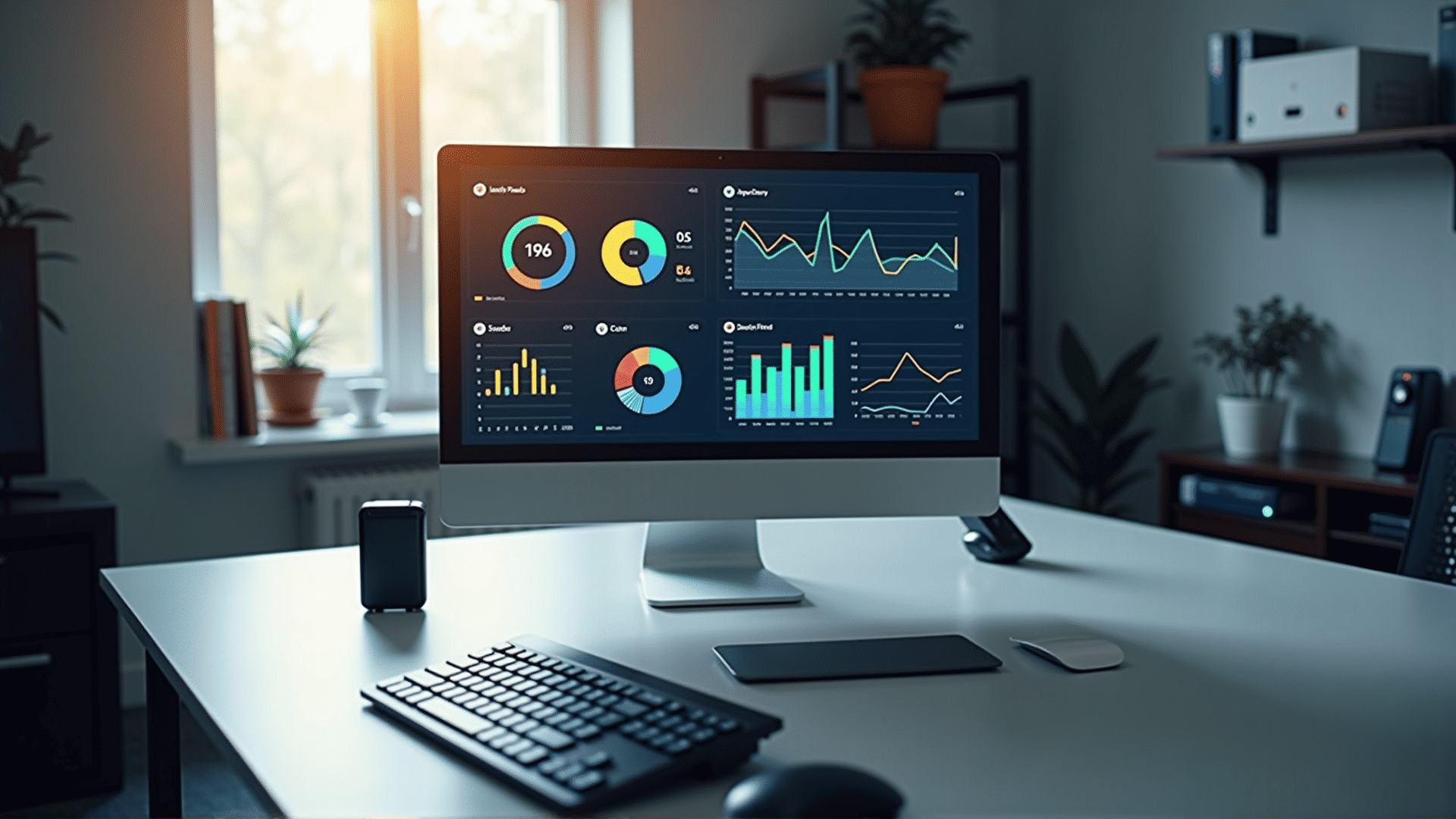Enhancing the performance of your devices is essential in maintaining speed and efficiency in everyday use. By optimizing both storage and processing capabilities, you can ensure that your device functions at its best, providing a seamless user experience. Here are some strategies to consider:
1. Manage Storage Effectively: A cluttered device can significantly slow down its performance. Regularly cleaning up storage can help maintain speed. Begin by deleting unnecessary files, old documents, and unused applications. Utilize cloud services to offload data and free up space on your device. Additionally, organize files into folders to streamline data retrieval, making it easier to locate important documents.
2. Update Software Regularly: Ensuring your device's software is up to date is crucial for optimal performance. Updates often contain bug fixes, security patches, and improvements that enhance functionality. Set up automatic updates when possible, or regularly check for new versions of your operating system and applications to keep everything running smoothly.
3. Optimize Startup Programs: Many applications start automatically when you power on your device, which can slow down the boot process. Review the list of startup programs and disable any that are unnecessary. This can significantly reduce boot time and improve overall performance.
4. Perform Routine Maintenance: Conducting regular maintenance is key to sustaining device health. This includes actions like disk cleanup, defragmentation (for older hard drives), and running diagnostic tools to identify and fix potential issues. Many devices have built-in maintenance tools that can automate some of these processes.
5. Increase Memory and Processing Power: If your device is still struggling after performing basic optimizations, consider enhancing its hardware. Adding extra RAM or upgrading to a faster processor can provide a noticeable boost in performance. Ensure compatibility with your device before making any upgrades.
6. Use Performance-Enhancing Software: There are various applications specifically designed to optimize device performance. These tools can clean up junk files, manage background processes, and monitor system health. Research and choose reliable software that fits your needs.
7. Monitor Device Temperatures: Overheating can cause performance issues. Ensure proper ventilation by keeping air vents clear of dust and debris. Consider using cooling pads for laptops or adjusting fan settings to maintain an optimal temperature for your device.
8. Adjust Visual Effects: High-quality visual effects can take a toll on processing power. Reducing or simplifying these effects can improve performance, especially on devices with limited graphics capabilities. Adjust settings like animations, shadows, and visual transitions to a lower level or disable them if necessary.
9. Secure Your Device: Keeping your device secure from malware is essential for maintaining performance. Install reputable security software and conduct regular scans to detect and eliminate potential threats. Avoid suspicious downloads and links to minimize risks.
By implementing these strategies, you can significantly enhance your device's performance. Regular maintenance and mindful usage will keep your device operating efficiently, allowing you to focus on the tasks that matter most.
